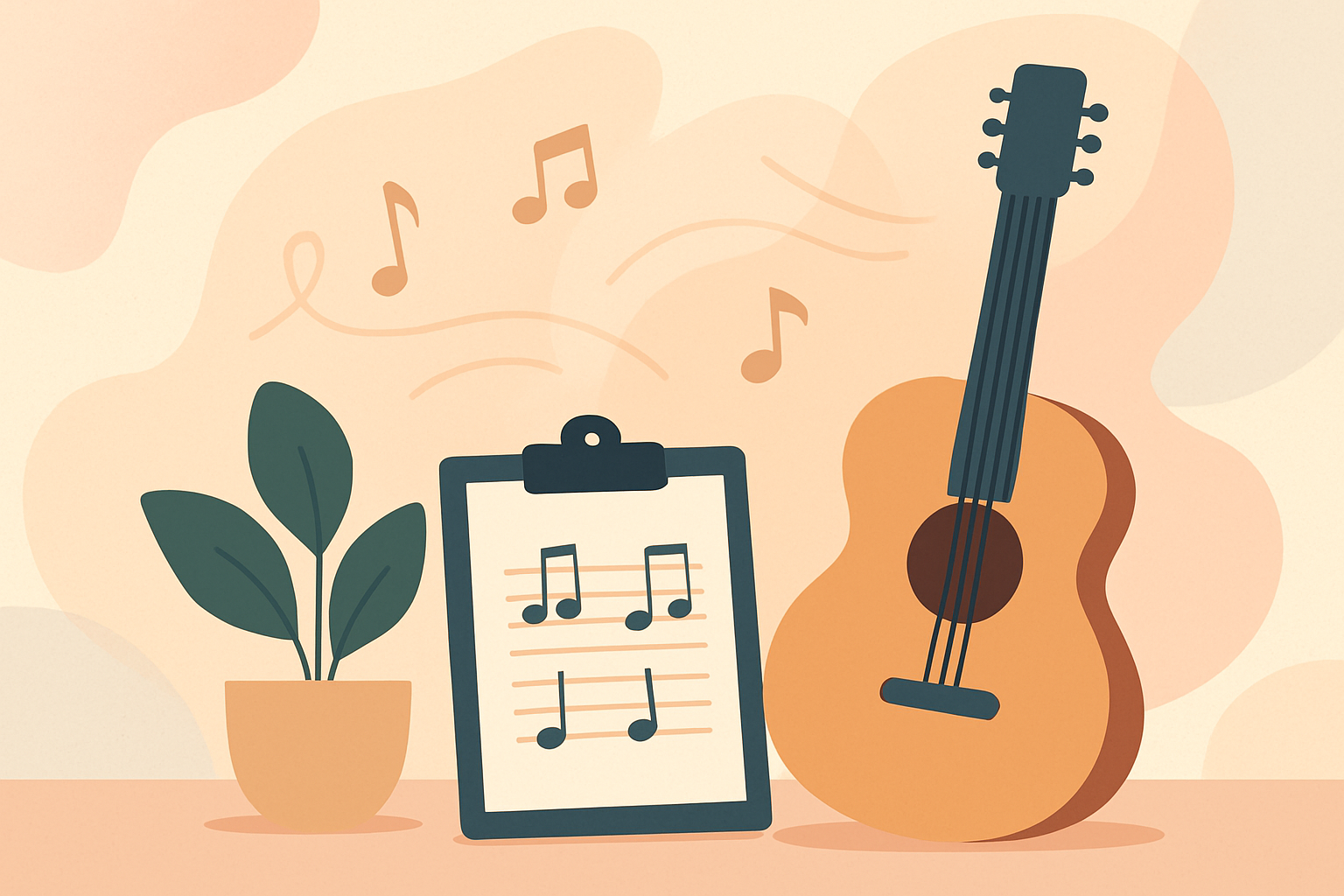Music has a timeless ability to nurture the mind, lift the spirit, and spark connections. For seniors in Brooklyn Park, Minnesota, music therapy offers a compassionate, evidence-based path to maintain independence, enhance daily living, and foster meaningful moments with loved ones. Solution Home Care LLC is committed to incorporating music-based activities into personalized care plans that respect each person’s history, preferences, and goals.
What is music therapy for seniors?
Music therapy is a collaborative practice led by trained, credentialed therapists who use musical experiences to address health and well-being goals. For seniors, these goals often center on preserving cognitive function, improving mood, supporting physical activity, easing discomfort, and strengthening social ties. Therapists tailor activities to individual abilities, cultural backgrounds, and living situations-whether someone is in a private home, a senior apartment, or a community setting in the Brooklyn Park area.
How music therapy supports aging well in Brooklyn Park
Music therapy can be a versatile addition to traditional elder care. Its benefits tend to be holistic, touching the mental, emotional, and physical sides of aging. A few questions people naturally ask about this approach include:
Could music therapy help with memory?
Yes. For many seniors, engaging with familiar tunes, lyric prompts, and rhythmic patterns can stimulate memory retrieval and keep neural networks active. Recalling a song from decades past can also provide a sense of continuity and identity.
Could it improve mood and sleep?
Absolutely. The emotional resonance of music can reduce anxiety, lift spirits, and promote relaxation. Calming playlists and guided listening routines can help signal the body to prepare for rest, supporting healthier sleep patterns.
Is music therapy suitable for all cognitive levels?
Music therapy is adaptable. Therapists adjust tempo, complexity, and activity types to suit a person’s cognitive and physical abilities, ensuring experiences remain accessible, enjoyable, and safe.
Benefits at a glance
| Benefit | How it helps seniors | Examples of activities in therapy |
|---|---|---|
| Cognitive health and memory | Regular rhythmic cues and memory recall tasks support attention and retrieval | Reminiscence sessions using familiar songs; rhythm sequencing; musical cues for daily routines |
| Mood and emotion | Music can reduce anxiety and increase positive affect | Guided listening to uplifting playlists; lyric analysis; group singing |
| Sleep and relaxation | Calming music lowers arousal before bedtime | Bedtime music rituals; progressive muscle relaxation with music |
| Physical mobility and coordination | Movement to rhythm can improve gait, balance, and range of motion | Simple dance steps; tempo-guided walking; breathing exercises coordinated with music |
| Social connection and community | Shared music experiences foster belonging and reduce isolation | Small group performances; community sing-alongs; intergenerational sessions |
| Pain management and comfort | Distraction and coping strategies through music can reduce perceived pain | Instrument exploration; personalized playlists to ease discomfort |
What activities might seniors participate in?
- Singing familiar songs from personal history or cultural background
- Playing simple percussion instruments and rhythm-based games
- Listening sessions with reminiscence prompts tied to memories and family stories
- Movement to music, including chair-based or standing-friendly activities
- Creative songwriting or lyric reminiscence that honors life milestones
- Small group performances or family-inclusive sessions to reinforce social bonds
Getting started with music therapy at Solution Home Care LLC
- Schedule a no-obligation consultation with a licensed music therapist to assess needs, preferences, and daily routines.
- Complete a brief health and history review so the therapy plan aligns with medical considerations and personal goals.
- Begin a personalized program with regular sessions, progress tracking, and adjustments based on feedback from the senior and caregivers.
Could music therapy help with memory?
Memory, reminiscence, and cognitive engagement are often enhanced through structured musical activities. Therapists use familiar melodies, lyrics, and rhythm to invite participation and trigger positive memories, which can improve engagement, conversation, and a sense of continuity in daily life.
How does music therapy impact mood and sleep?
Music has a direct influence on the nervous system, helping to regulate emotions and reduce arousal. By selecting soothing tunes for evenings and uplifting pieces for daytime, therapists can support mood stability and a smoother transition to sleep, which is especially valuable for seniors experiencing insomnia or fragmented sleep.
Is music therapy appropriate for all seniors?
While generally suitable, music therapy is individualized. A therapist will consider medical conditions, hearing or vision needs, mobility, cultural background, and personal preferences to determine safe and meaningful activities. When appropriate, music therapy can complement other therapies and caregiver-supported routines, enhancing overall well-being.
Why choose music therapy as part of senior care in Brooklyn Park?
- It offers a person-centered approach that honors lifelong preferences and cultural history.
- It provides measurable benefits, including improved mood, increased social interaction, and enhanced quality of life.
- It can be integrated into daily care plans, potentially reducing agitation, improving cooperation with routines, and supporting cognitive engagement.
- It supports family caregivers by creating shared moments that strengthen connections and reduce stress.
Conclusion: Embracing music therapy as part of compassionate senior care
Music therapy represents a meaningful avenue to support seniors in Brooklyn Park, Minnesota, as they navigate aging with dignity and joy. By partnering with trained therapists through Solution Home Care LLC, families can access personalized, culturally resonant musical experiences that touch every facet of well-being. The care team can weave music therapy into daily routines, making it a natural extension of a supportive, respectful living environment. If you’re exploring options for your loved one, consider a gentle, evidence-based music therapy program that honors memory, mood, mobility, and social connection-an approach with the potential to brighten days and ease the journey of aging.
